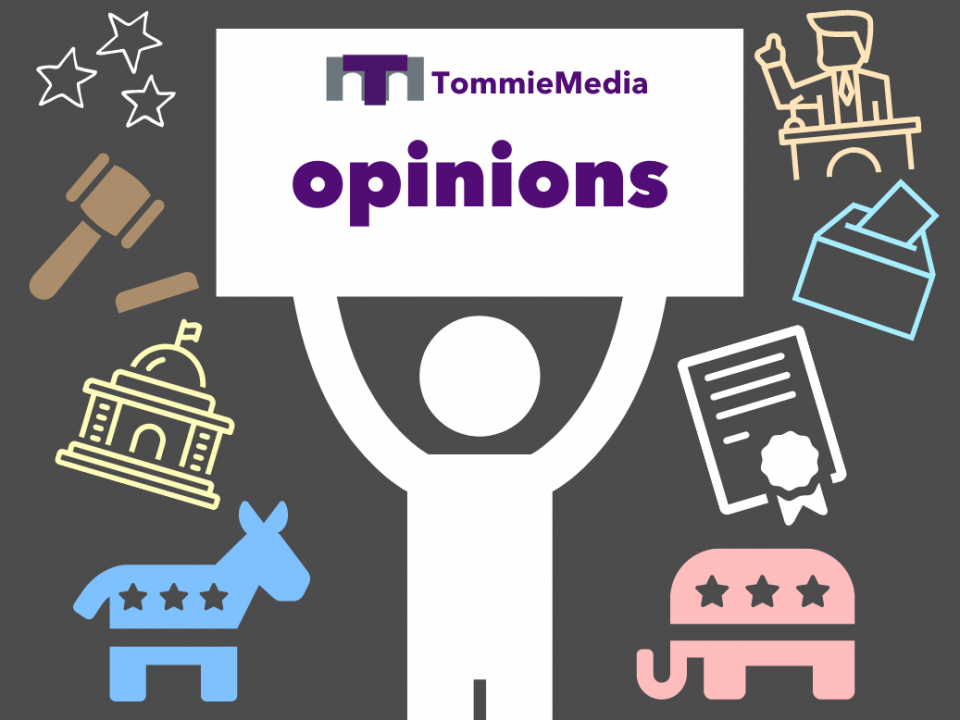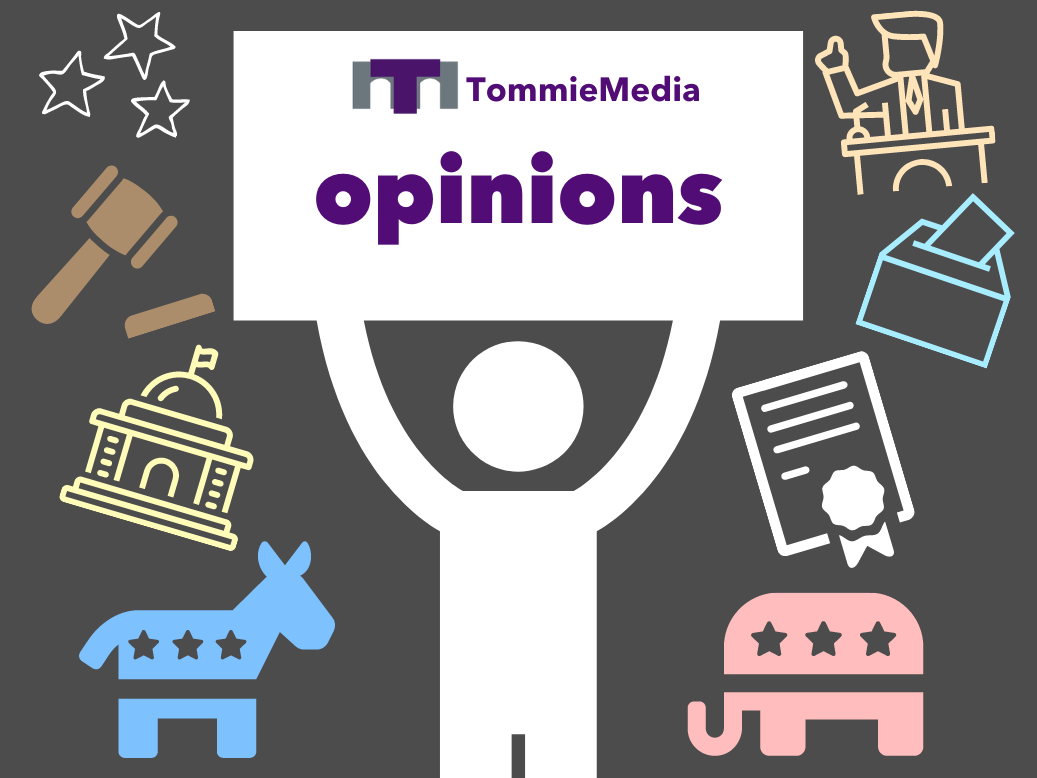
Former President Donald Trump was impeached for the second time mid-January, this time with a charge of inciting an insurrection. The trial then moved to the U.S. Senate. He was acquitted on Feb. 13 with a 57-43 vote, 10 votes short of the two-thirds needed to convict.
Regardless of this verdict, Trump’s second impeachment trial showcases one critical thing: the importance of words.
So much of politics is the art of maneuvering language. Laws and policies are disputed word by word. Speeches are meticulously written. Political personas are carefully crafted through rhetoric.
It’s often joked that politicians say one thing and do another, or promise something and do not follow through, but their words, despite any merit or truthfulness they may or may not hold, will always be heard. Politicians work in the public space. They are speaking to the American people. Regardless of content, they need to reflect the position of the politician speaking.
This is something Trump never had sight of. As president, his words mattered arguably more than anyone else’s, though he spoke and tweeted and acted seemingly without consideration for the power his seat held.
Whether his words directly led to the insurrection or not, they certainly contributed to the greater political atmosphere— an environment that an insurrection could occur within.
In the first presidential debate of 2020, moderator Chris Wallace asked Trump to condemn white supremacist groups and militias, and the former president’s response was less than convincing.
He said, “Sure, I’m willing to do that, but I would say almost everything I see is from the left wing, and not from the right wing… I’m willing to do anything. I want to see peace.”
Then, upon further prompting from Wallace and even some encouragement from then-democratic candidate Joe Biden, Trump said, “Proud Boys, stand back and stand by. But I’ll tell you what, somebody’s got to do something about ANTIFA and the left because this is not a right-wing problem. This is a left-wing problem.”
Trump repeatedly deflected and tried to turn the conversation to left wing groups. However, the biggest worry from his response was the “stand back and stand by,” which sounds like orders to wait. It was certainly not condemning.
Maybe this phrase was just a poor, on-the-spot attempt. Yet, that is a bit hard to believe or accept, given the tumultuous political and social state of the U.S. following last summer. Trump had to be well-aware he would be questioned about the unrest, and maybe even extremist groups more specifically. If he wanted to make a strong statement, he would have prepared for that.
This debate was months before the insurrection and weeks before the election, too. But, again, nearly everything Trump said throughout his administration was dissected. From Twitter to respectable news organizations, his words and rhetoric were at the forefront of attention.
Then, on Jan. 6, Trump spoke at a “Save America” rally in Washington D.C. As he spoke, pro-Trump rioters made their way to the Capitol.
Trump’s first “attempt” to settle the rioters was shoddy at best, harmful in truth. He said:
“I know your pain, I know you’re hurt. We had an election that was stolen from us. It was a landslide election and everyone knows it, especially the other side. But you have to go home now. We have to have peace, we have to have law and order, we have to respect our great people in law and order. We don’t want anybody hurt.
“It’s a very tough period of time. There’s never been a time like this where such a thing happened where they could take it away from all of us. From me, from you, from our country. This was a fraudulent election, but we can’t play into the hands of these people. We have to have peace. So, go home. We love you. You’re very special.
“You’ve seen what happens, you’ve seen the way others are treated that are so bad and so evil. I know how you feel. But go home, and go home in peace.”
First off, Trump mostly bashes the election results, which at this point were confirmed and well-decided legitimate.
Then, it’s the preening. The rioters destroyed the western front of the Capitol, threatened members of congress and stole property, yet they’re told they are loved and that they are special.
These words were not considered with care. And as president, they should have been.
Trump was not convicted.
But we cannot deny the careless way he spoke or that his words, whether the Senate deemed them to be or not, are inseparable from the atmosphere that led to the events of Jan. 6.
Presidents hold sway and power. They need to recognize that and speak knowing Americans are paying attention. Because we are.
Maddie Peters can be reached at pete9542@stthomas.edu.



